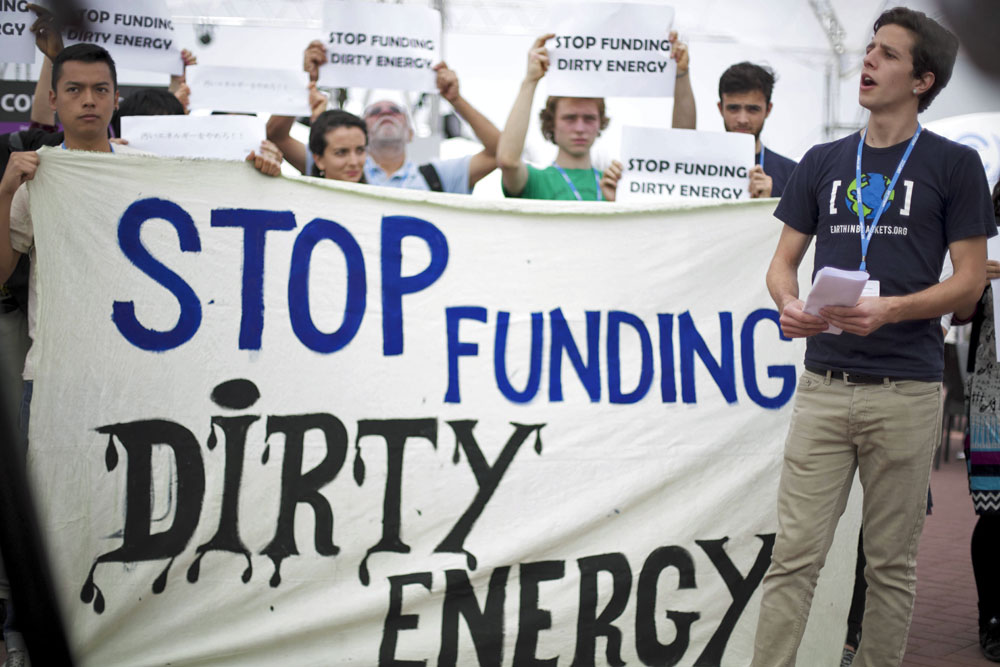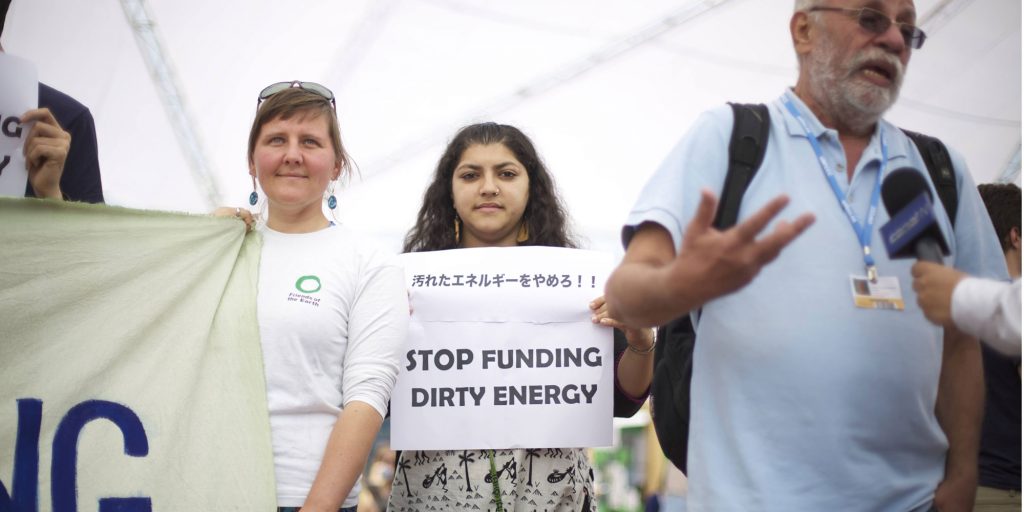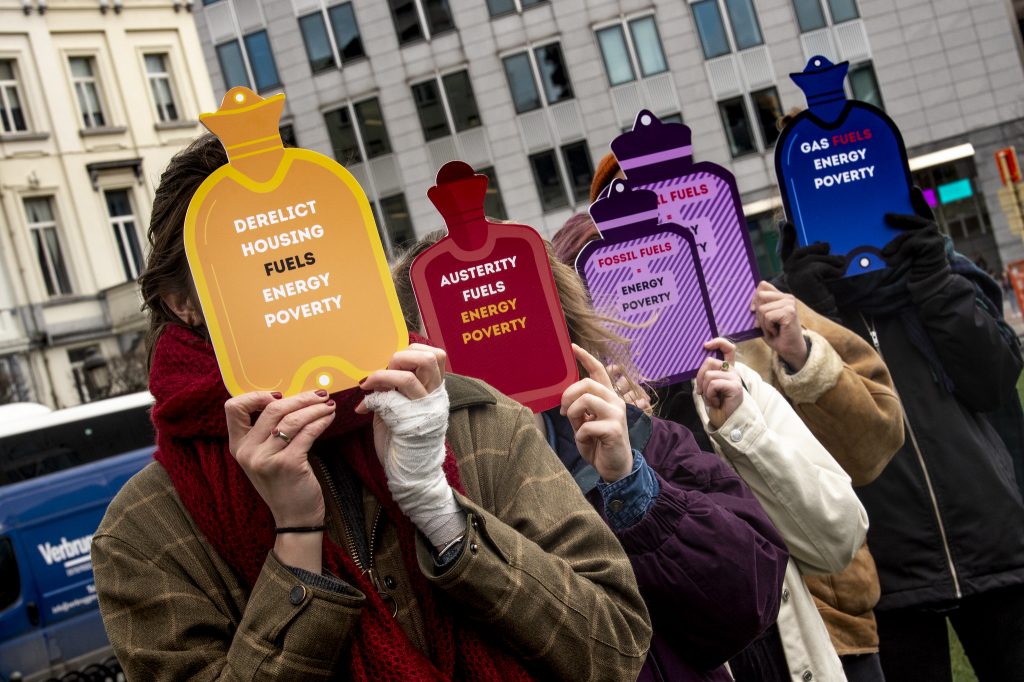The United Nations climate talks happening in Lima, Peru are already at the mid-way point. It is the fifth day of this year’s global conference which aims to bring the world closer to a fair, adequate solution to the climate crisis.
The crucial question of energy transformation must be addressed if we are to get global emissions to fall instead of continuing to rise. We need agreements to embrace a clean, renewable energy future as part of a global agreement due to be signed in Paris in 2015 to replace the Kyoto Protocol.
Meaningful outcomes are so far lacking from this year’s talks.
The International Energy Agency (IEA) has branded today ‘energy day’ at the talks. And our energy choices are undoubtedly central to combating the climate crisis. But while the IEA correctly identifies the need to advance the renewable energy sector and set higher targets for energy efficiency, it has so far not offered workable ways to make this happen. It would do well to recognise that the renewables revolution is happening, with high levels of community and individual empowerment challenging aging business models.
This same empowerment and decentralisation is also key to the potential benefits for developing countries represented here in Lima.
At these UN talks, developing countries recognise the need to transform our energy system in response to the planetary emergency we face. The African group of countries tabled a proposal in June which demands a renewable energy future and specifically calls for clear support schemes for renewables and for community owned and controlled energy. This would be achieved through a global feed-in tarrif – meaning encouraging development of the sector by ensuring long-term contracts for renewable energy producers.

This is the type of bold vision that richer, more industrialised countries must share, instead of clinging to the business-as-usual approach of burning fossil fuels. Earlier this week, activists from Friends of the Earth and Earth in Brackets took action in Lima to support the vision of a clean energy future and to demand that governments stop funding dirty energy.
Godwin Ojo from Friends of the Earth Nigeria said: “Dirty energy is making the planet sick. It is time to heal the earth by putting an end to fossil fuels. It is time for energy transformation from dirty energy to renewable sources of energy. Oil pollution by oil companies in Nigeria increases violence and killings at the sites of extraction.”
Climate finance – money from developed to developing countries to help them reduce emissions and adapt to climate change – must be clean. It must not support fossil fuel and dirty energy projects. Ending dependency on dirty energy includes avoiding dangerous and unproven so-called solutions like nuclear, carbon capture and storage, and geo-engineering. It also means putting a stop to the dash for unconventional fossil fuels like shale gas that we are witnessing around the world.
A new report out this week highlights how fracking is likely to further accelerate climate change, as well as destroy water sources and infringe on communities’ rights worldwide. Reliance on dirty energy is exacerbating the injustice of climate change. The countries that are least responsible for causing climate change are already being hardest hit by the impacts – including our host country, Peru.
A study by the Tyndall Centre for Climate Change Research concludes that Peru is the country third most threatened by climate change, and, like everywhere else, the poorest and most marginalised groups are most affected.
Time is running out. Solutions to the climate crisis exist in the form of community-controlled clean energy projects and energy savings schemes. But these need more political support to flourish and meet their potential.
by Susann Scherbarth, climate justice campaigner, at the UN climate talks in Lima







